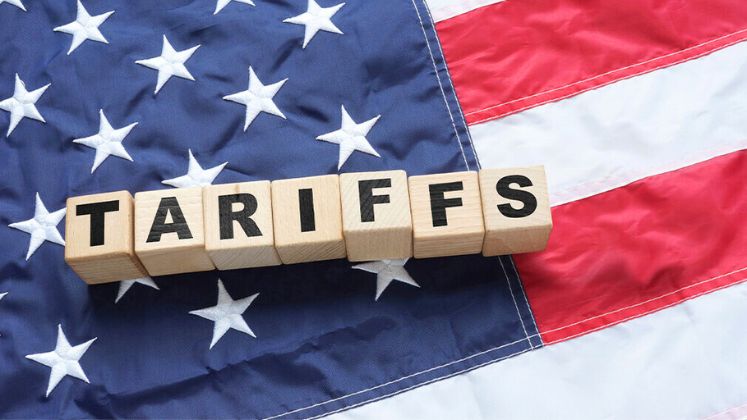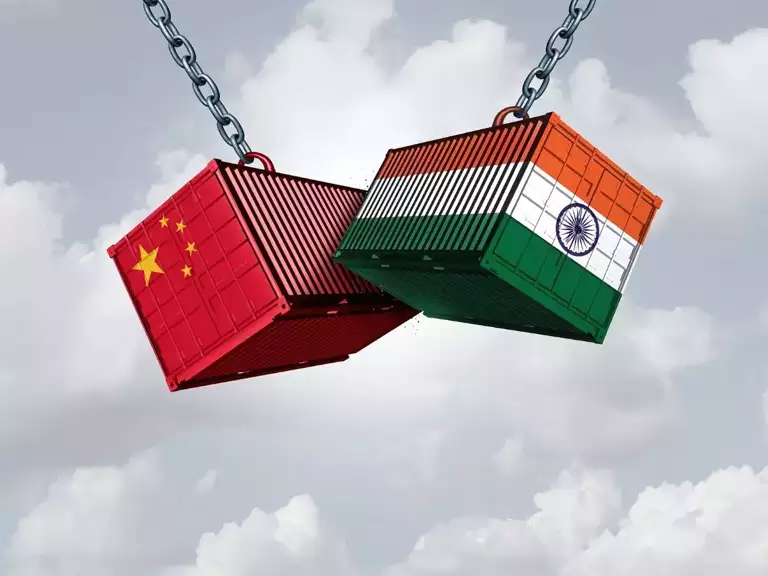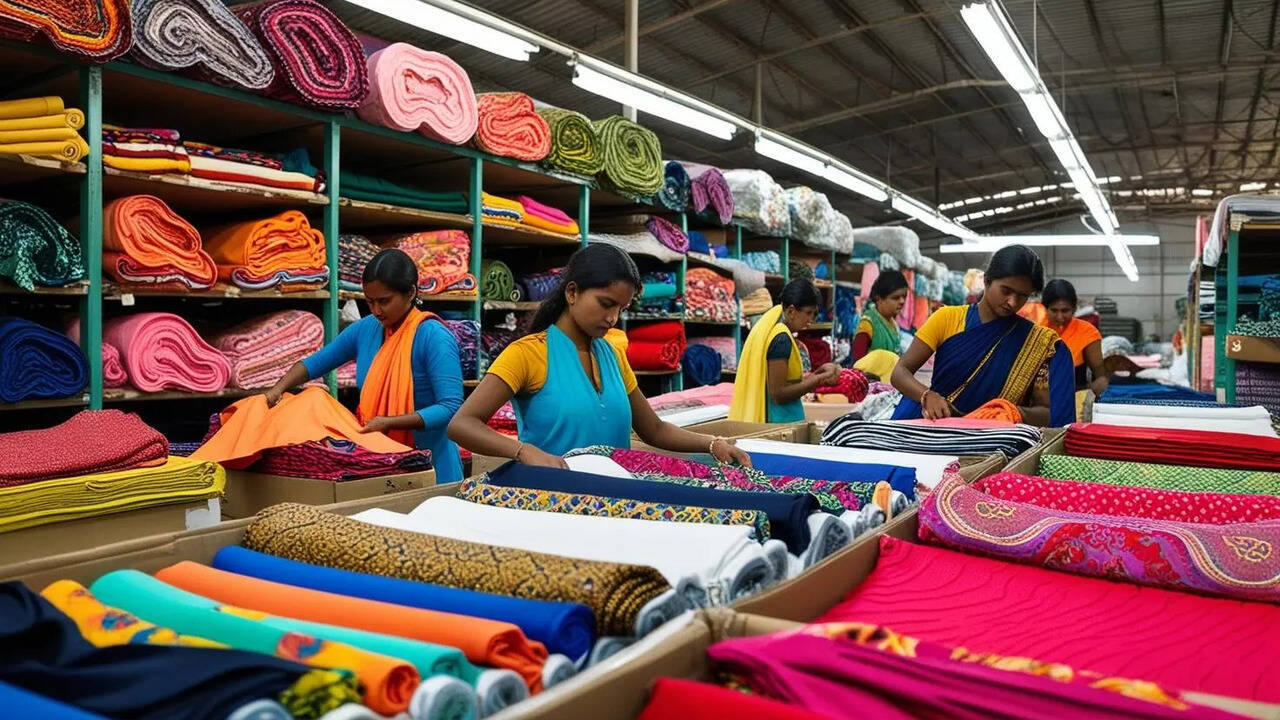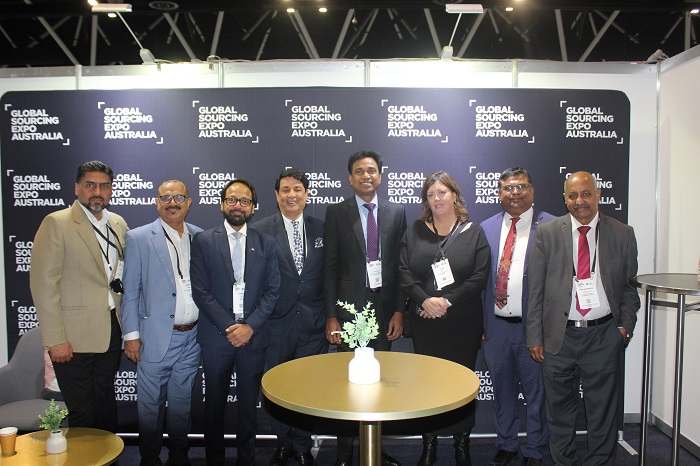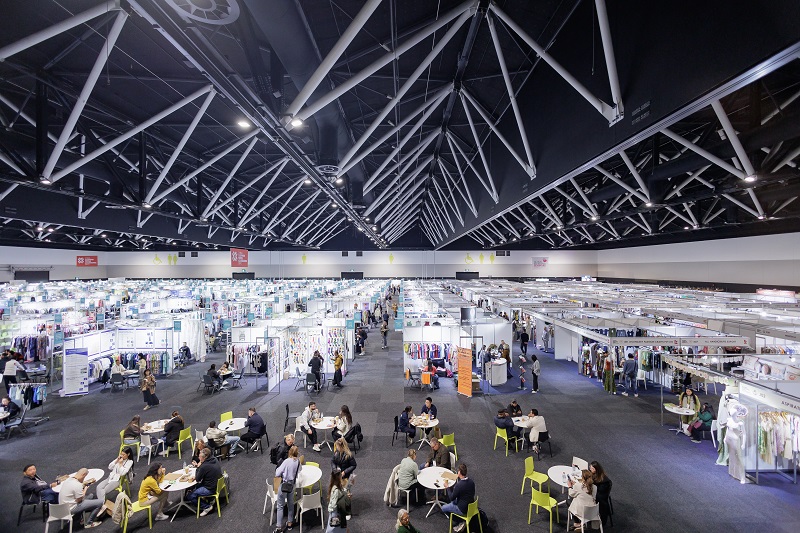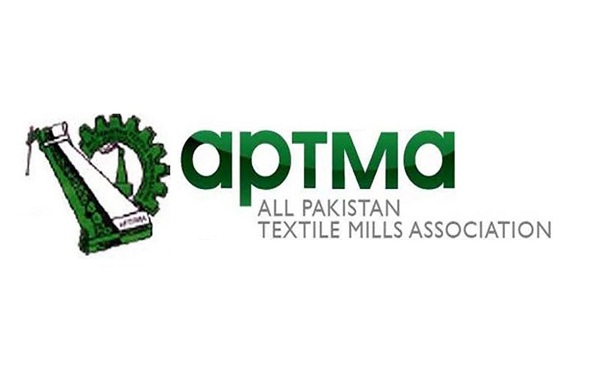
Sri Lanka’s economic fallout made headlines in the last few months. Pakistan is also on a similar path with most of the country’s foreign currency reserves fast depleting and inflation levels rising to unprecedented levels. The country’s exchange rates are also on a downfall while interest rates have reached irrationally high levels. Pushing all leaders and policymakers to develop new ways to navigate through this situation, All Pakistan Textile Mills Association (APTMA) is urging them to introduce the following reforms.
Achieve political and economic stability
APTMA’s first recommendation is for Pakistan to achieve political stability. A volatile political environment is impeding policymakers’ ability to introduce short term macroeconomic policies. It is also compelling them to make frequent U-turns on policies, leading to non-completion of many ongoing projects. Another cause of concern is the unstable exchange rate that continues to threaten the progress achieved by sectors like textiles. Pakistan’s exchange rate has been on the decline for last few months. On July 27, 2022, the value of one dollar in Pakistan reached its highest levels of Rs 237 (Pakistani). This large-scale devaluation in exchange rates is making textile materials in Pakistan more expensive and exports less competitive.
Make exchange rates competitive
To tide over the situation, Pakistan needs to abandon the widespread misconception that exporters welcome rupee devaluation. The central bank and government need to focus on achieving a competitive exchange rate and actual exchange parity. Foreign exchange achieved through exports is the cheapest with only 3 to 4 per cent cost and no compulsion to return it and no interest rates. Moreover, the government cannot ignore the need to introduce new long-term policies featuring lower interest rates. It also cannot ignore the need for more investments and reformed policies to boost the confidence of investors and markets in Pakistan.
Revolutionize economy at grass root levels
Further, Pakistan needs to empower its youth to revolutionize economy at the grass root levels. It needs to abolish policies that lead to a hike in interest rates besides incorporating more individuals into the economy and increasing labor supply.
Reduce import bills
In FY22, Pakistan’s current account deficit increased 517 per cent compared to FY21. To counter the risks of mounting debt, Pakistan needs to take few steps immediately. First, it needs to reduce the import bill by at least $5 billion, especially energy’s, through ensuring energy efficiency. Second, Pakistan needs to limit its use of gas for productive purposes. It needs to introduce new energy conservation measures.
Pakistan also needs to reduce its import bills by over 25 per cent and save $6 billion. It needs to implement both price and administrative measures to curtail consumption; curtail domestic supply of gas and reduce consumption and waste by 18 per cent; fastrack calibration of cooking burners to save 200 MMCFD of Gas/RLNG.
Open new bank accounts
Another important measure is reducing external pressure on ‘hawala’ from $10 to $5 billion through documentation. It needs to introduce new schemes enabling State Bank of Pakistan to open new bank accounts with a pre-approved overdraft facility of Rs 10,000 to be used as seed money for entrepreneurship. Lastly, it needs to make tariffs more competitive to boost exports.
More value-addition to exports
Pakistan also needs to add more value to its exports to improve its global image. For this, it needs to create an industry-friendly atmosphere that focuses on improving quality by adding new processes, products, and entering new markets.
Abolish tariffs on MMF
Another measure that needs to be adopted is abolish tariffs on MMF that prevents Pakistan from participating in the booming market. Lastly, Pakistan needs to focus on textile exports to boost economic growth. It needs to ensure consistent energy supply at regionally competitive tariffs. The government needs to provide regionally competitive terms for the sector to help Pakistan achieve economic stability and subsequent growth.


